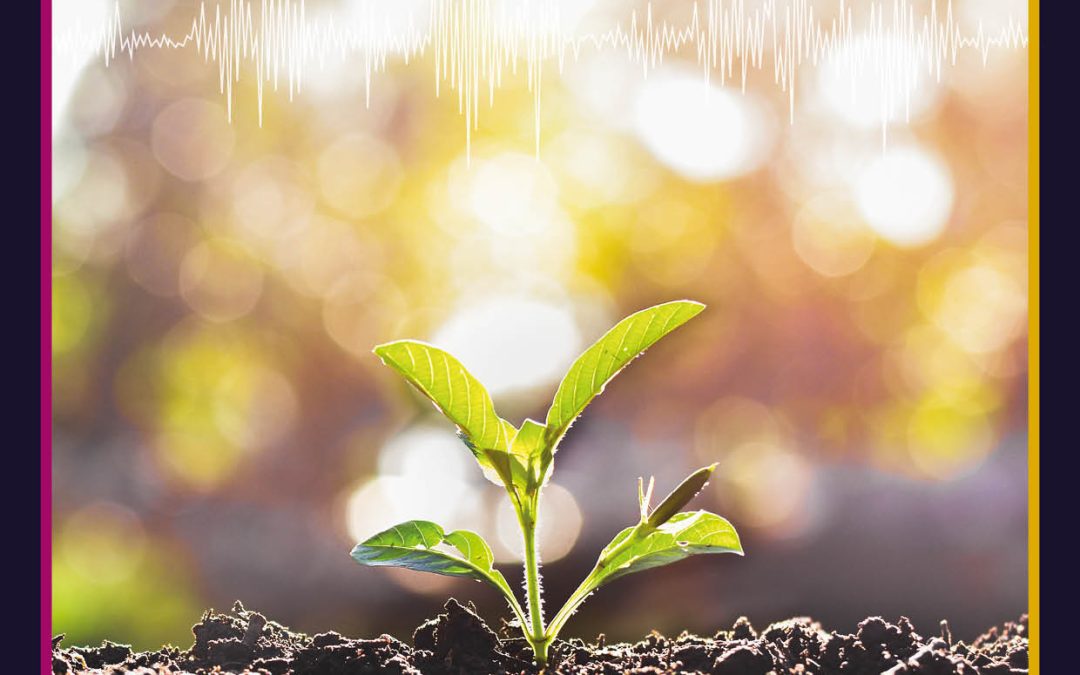
by admin | Jan 5, 2023 | earth and environment
The earth beneath our feet is far more than just dirt. Soil is a living ecosystem filled with microbes, worms and insects, and vast networks of underground fungi filaments. Healthy soils are critical to healthy ecosystems and productive agricultural systems. Dr Joji Muramoto and researchers from the University of California have created a framework for Integrated Soil Health Management that could help suppress plant diseases without the use of harmful chemicals.
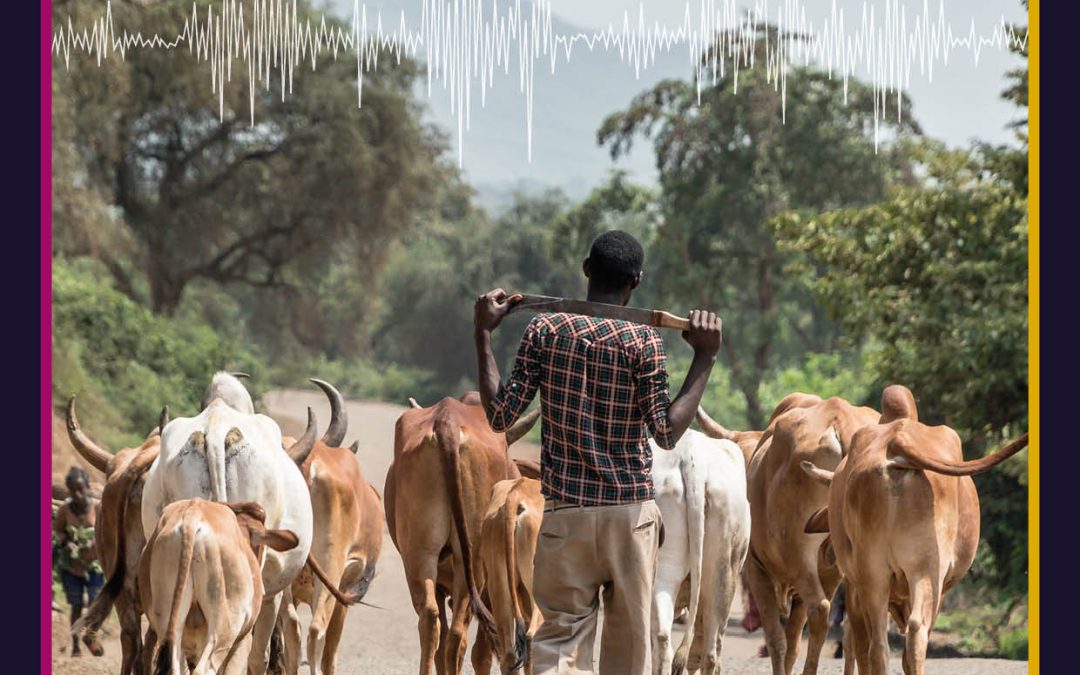
by admin | Dec 14, 2022 | earth and environment, Hindawi, social and behavioural sciences
Around the world, climate change is impacting the availability of food and water, affecting people’s health and livelihoods. Unfortunately, these damaging effects are more pronounced in developing countries. In a recent study, Dr Abera Habte of Wolaita Sodo University and his collaborators investigated the impacts of climate change in Southwestern Ethiopia. His team incorporated the perceptions and knowledge of local farmers into their analysis, in order to develop more effective climate adaptation strategies.
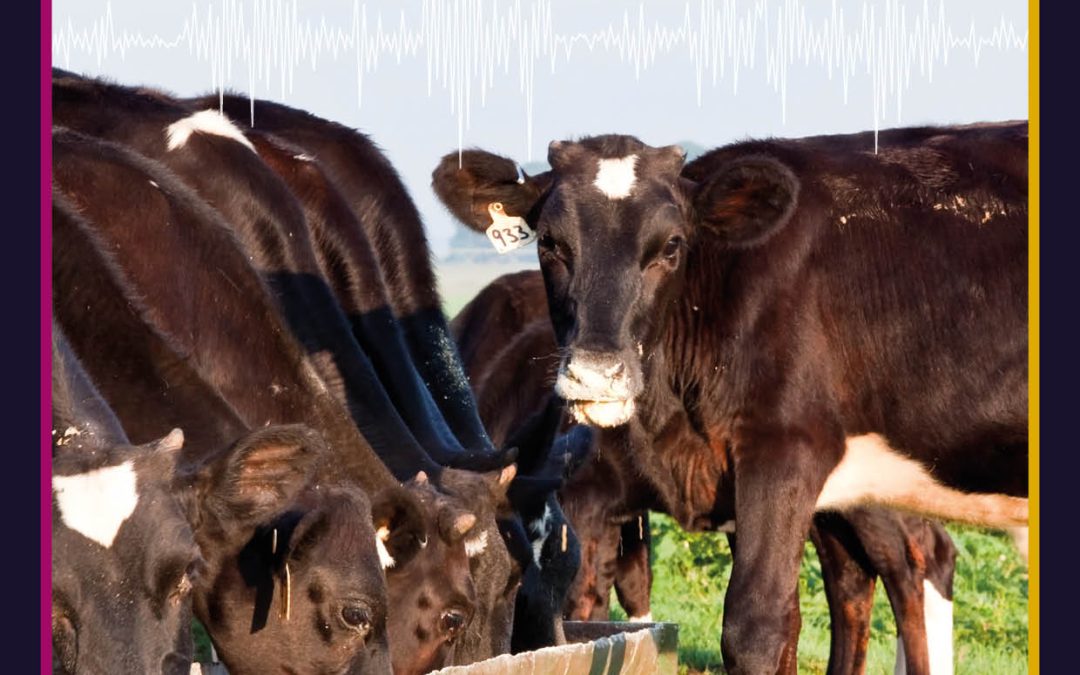
by admin | Dec 7, 2022 | biology, earth and environment
Methane is one of the most potent greenhouse gases that contributes to the global climate crisis. As this gas is produced in the digestive systems of cattle, methane represents one of the greatest problems faced by the farming industry. Dr Robert Bryant, Dr Langdon Martin and their team at Warren Wilson College, North Carolina, propose an innovative feed supplement for cattle that helps to significantly reduce methane emissions: waste yeast from craft breweries. If used on a large scale, this new supplement could significantly decrease emissions associated with cattle farming, while also creating a new use for a waste product of the craft beer industry.
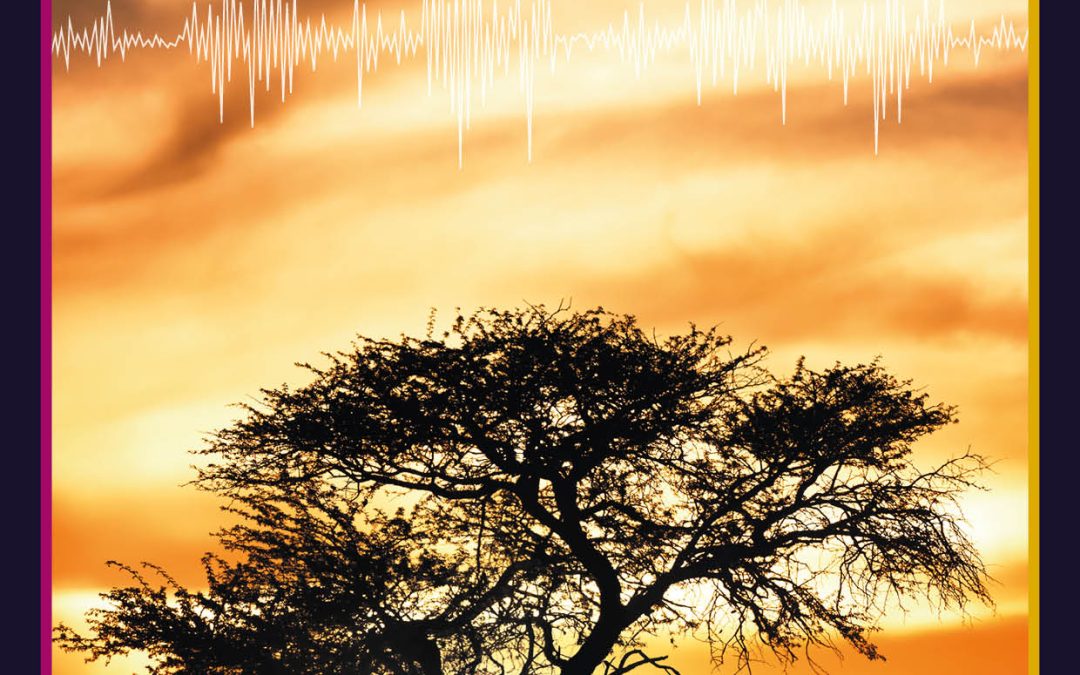
by admin | Dec 7, 2022 | earth and environment
Savannas are characterised by the co-existence of two very different types of plants – trees and grasses. They may be open, with large swathes of grass and an occasional tree dotting the landscape, or closed with a near complete cover of trees and a sparse grass layer beneath. In drier parts of the world, drought may play an important role in determining the balance between the trees and grasses in savannas. Extreme droughts, which are likely to become more common with climate change, could permanently shift a closed savanna to an open one. Such changes would have significant consequences for the functioning of these ecosystems and the animals they support. Dr Anthony Swemmer of the South African Environmental Observation Network explored the impact of an unusually severe drought on trees in South Africa. His team’s research shows that the response of trees to drought depends on a suite of local factors.
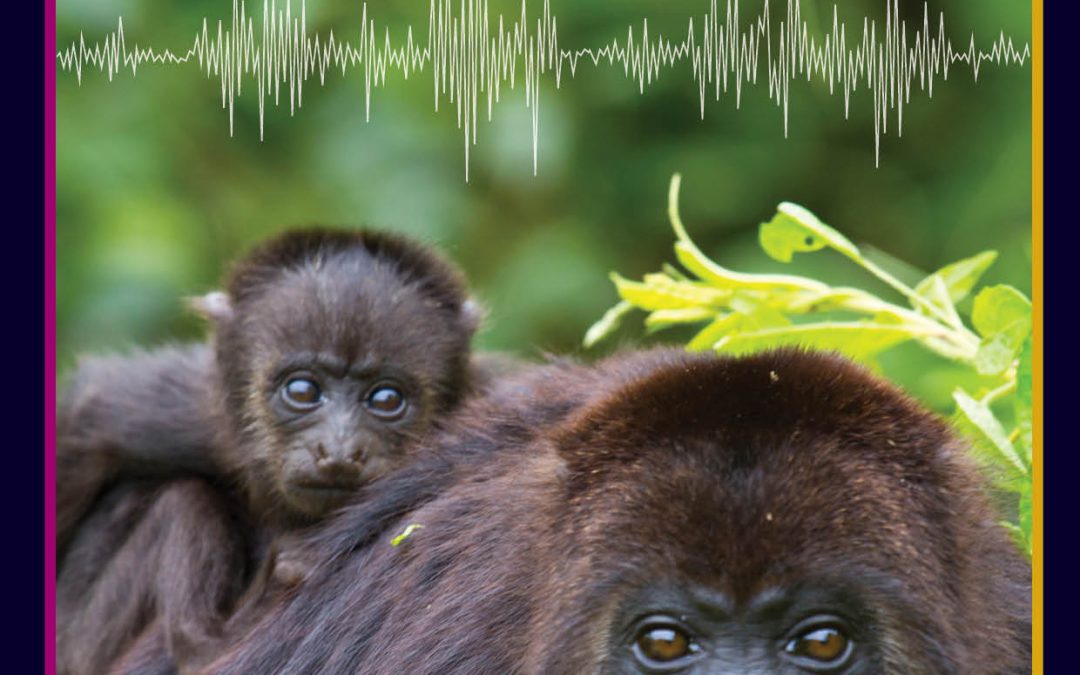
by admin | Sep 28, 2022 | earth and environment, social and behavioural sciences
Non-human primates play crucial roles in sustaining natural ecosystems worldwide. However, approximately 68% of primate species are now at risk of extinction, mainly due to agriculture and the depletion of natural resources. Dr Alejandro Estrada at the National Autonomous University of Mexico, Dr Paul A. Garber at the University of Illinois-Urbana, and a group of scientists from various parts of the world recently carried out a study to better understand the role that Indigenous Peoples play in the conservation of threatened primates.
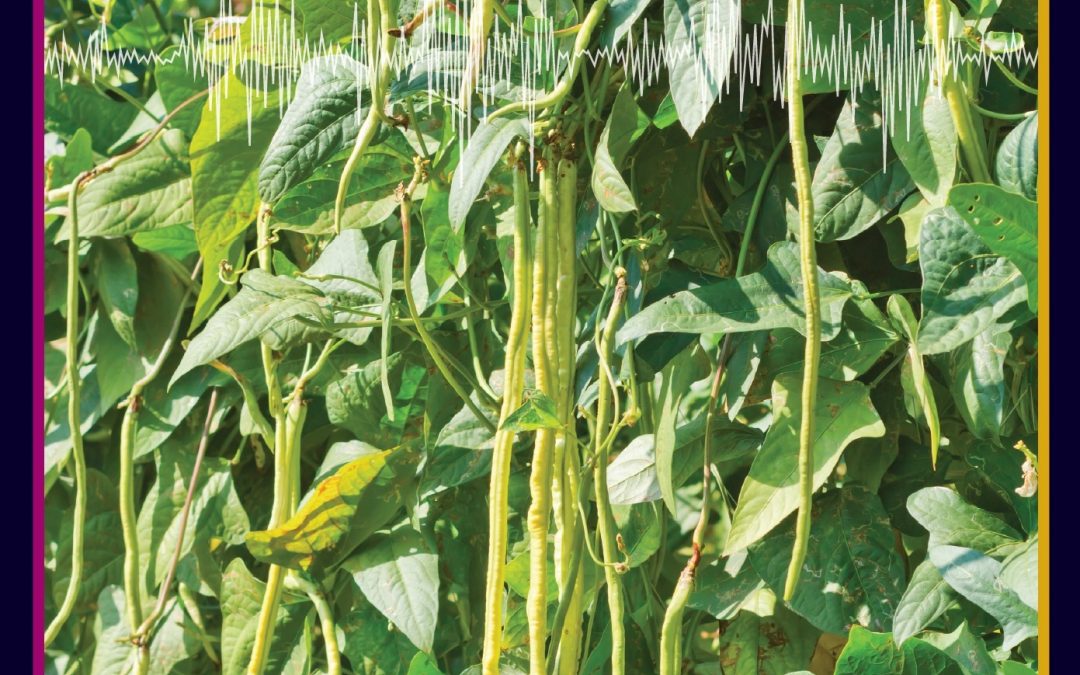
by admin | Jul 27, 2022 | biology, earth and environment
Cowpea is an extremely versatile food crop. Packed with high-quality protein, it has become a staple legume in many households in Africa, where it is indigenous. Cowpea also cycles nutrients back into the soil, supporting sustainable farming and healthy ecological networks. However, the production of this sustainable crop faces many hurdles, including drought, pesticide use, and declining soil quality. In a recent review, Professor Olubukola Oluranti Babalola of North-West University in South Africa outlines the issues facing cowpea production and highlights potential solutions.
Page 3 of 24«12345...1020...»Last »






